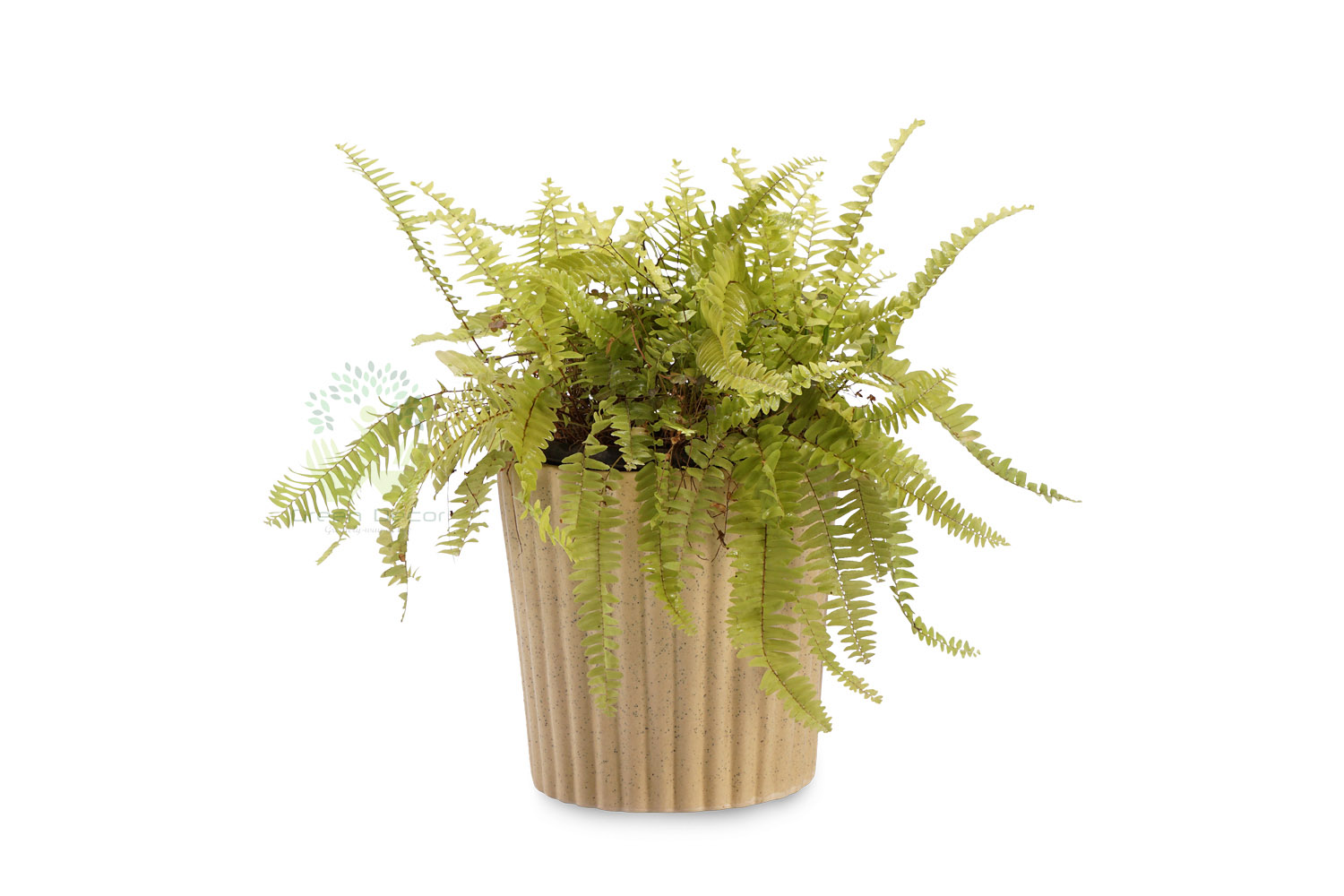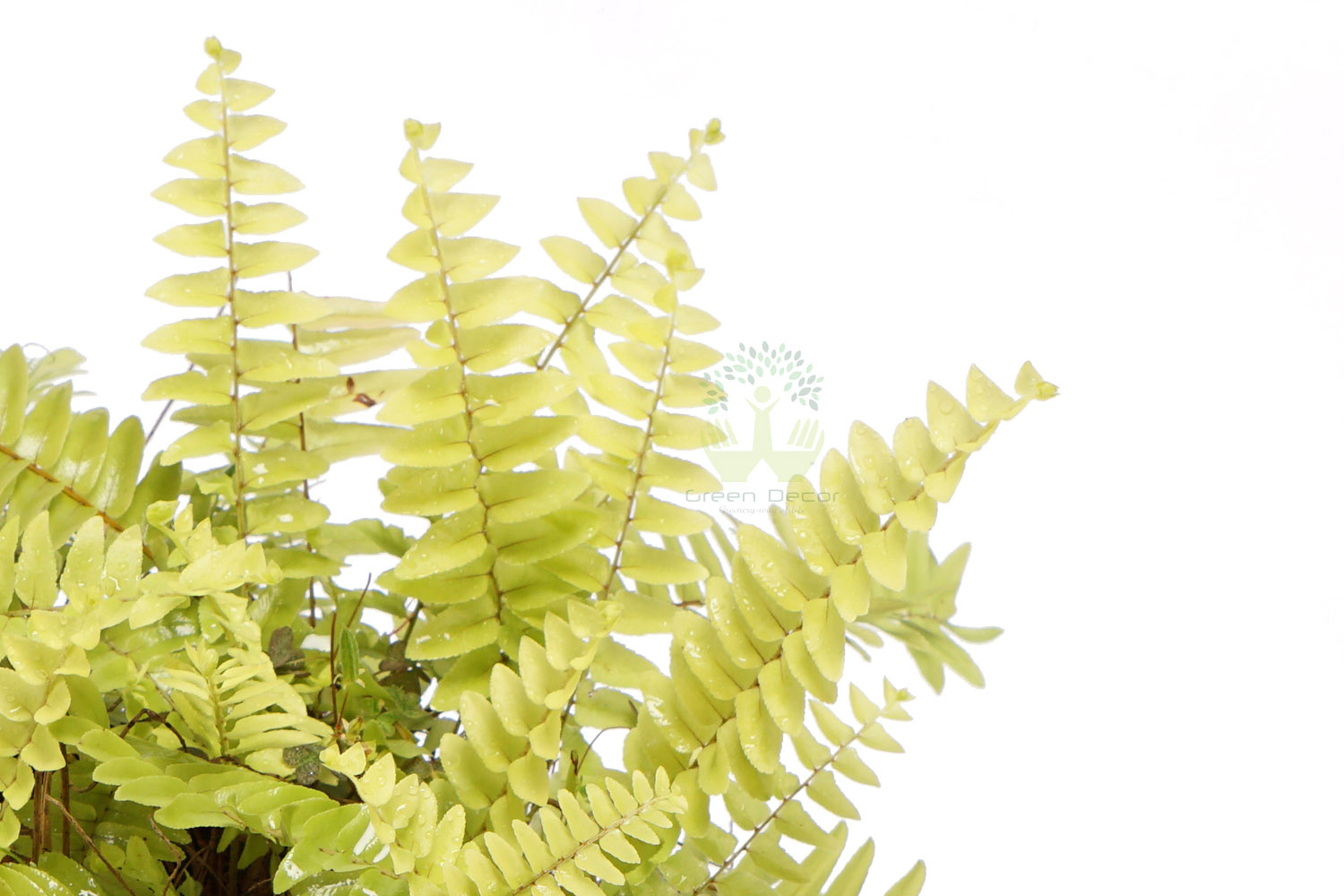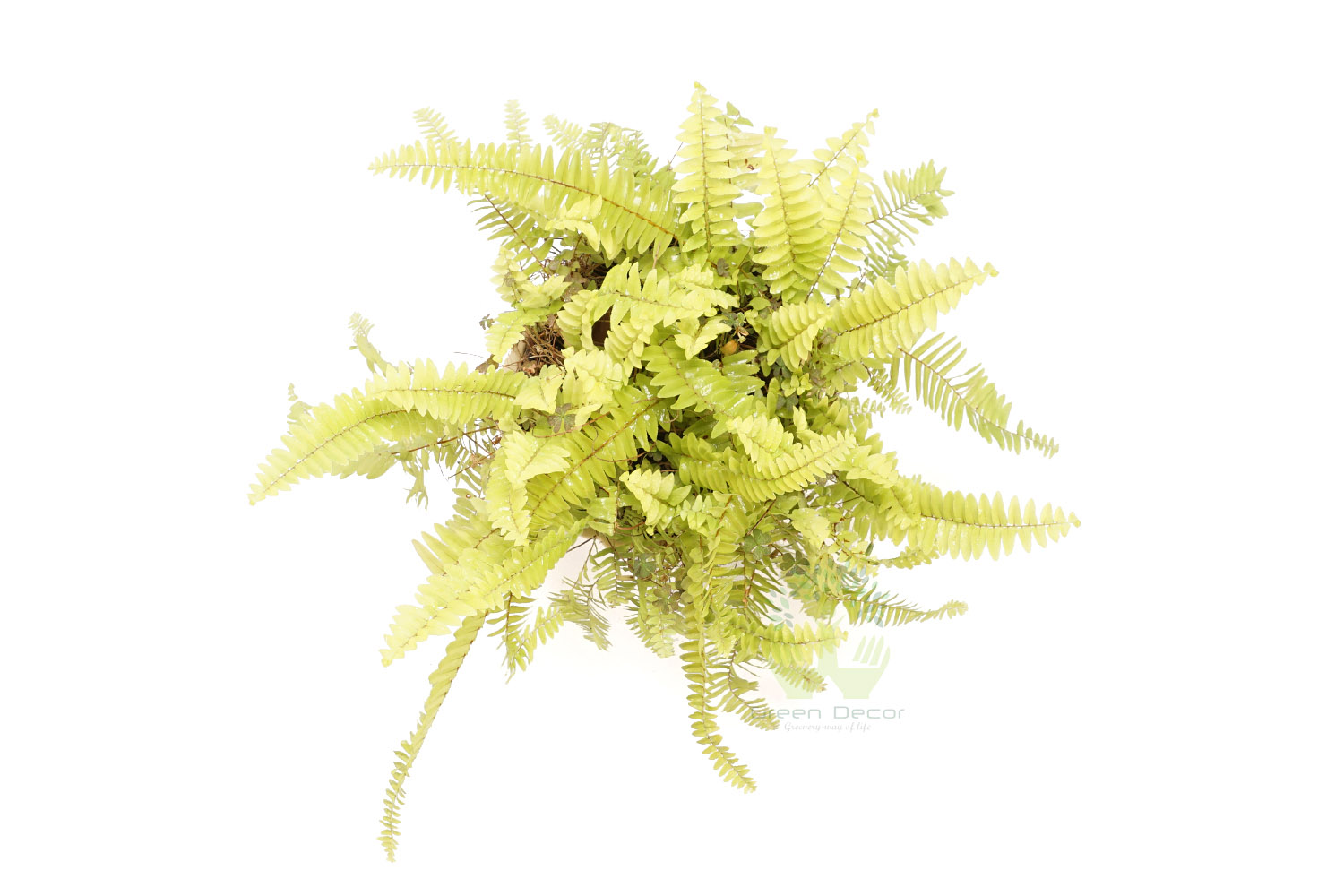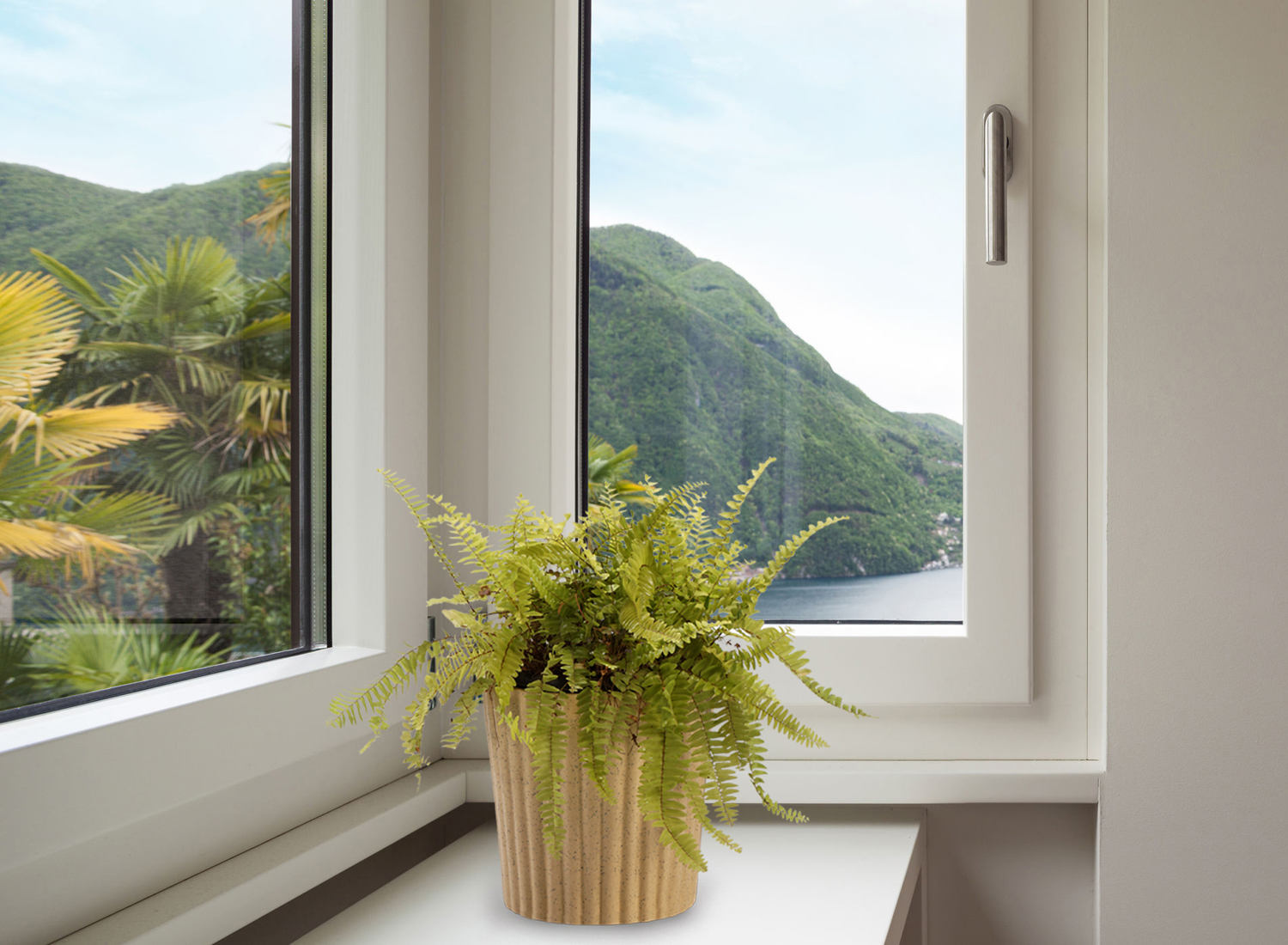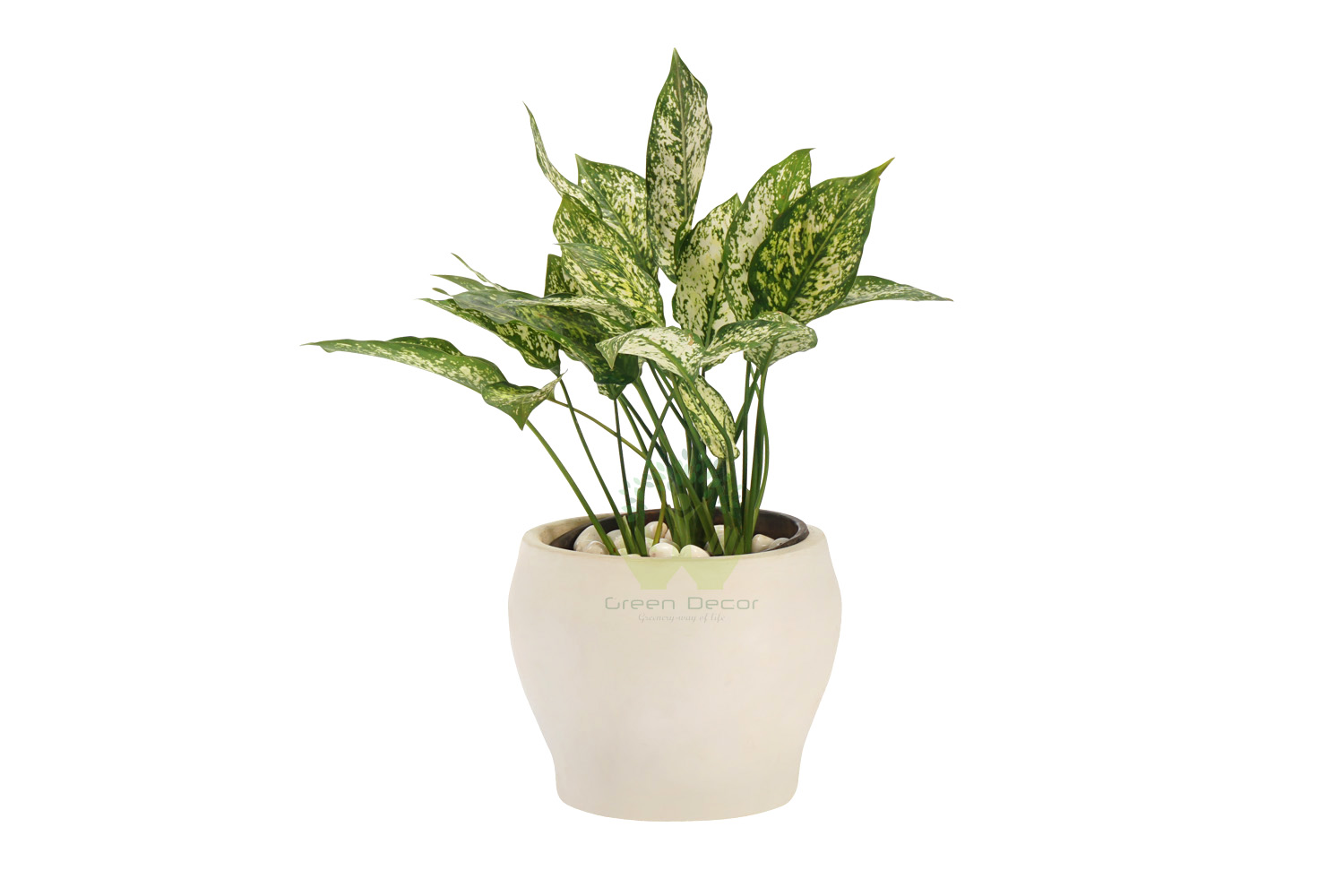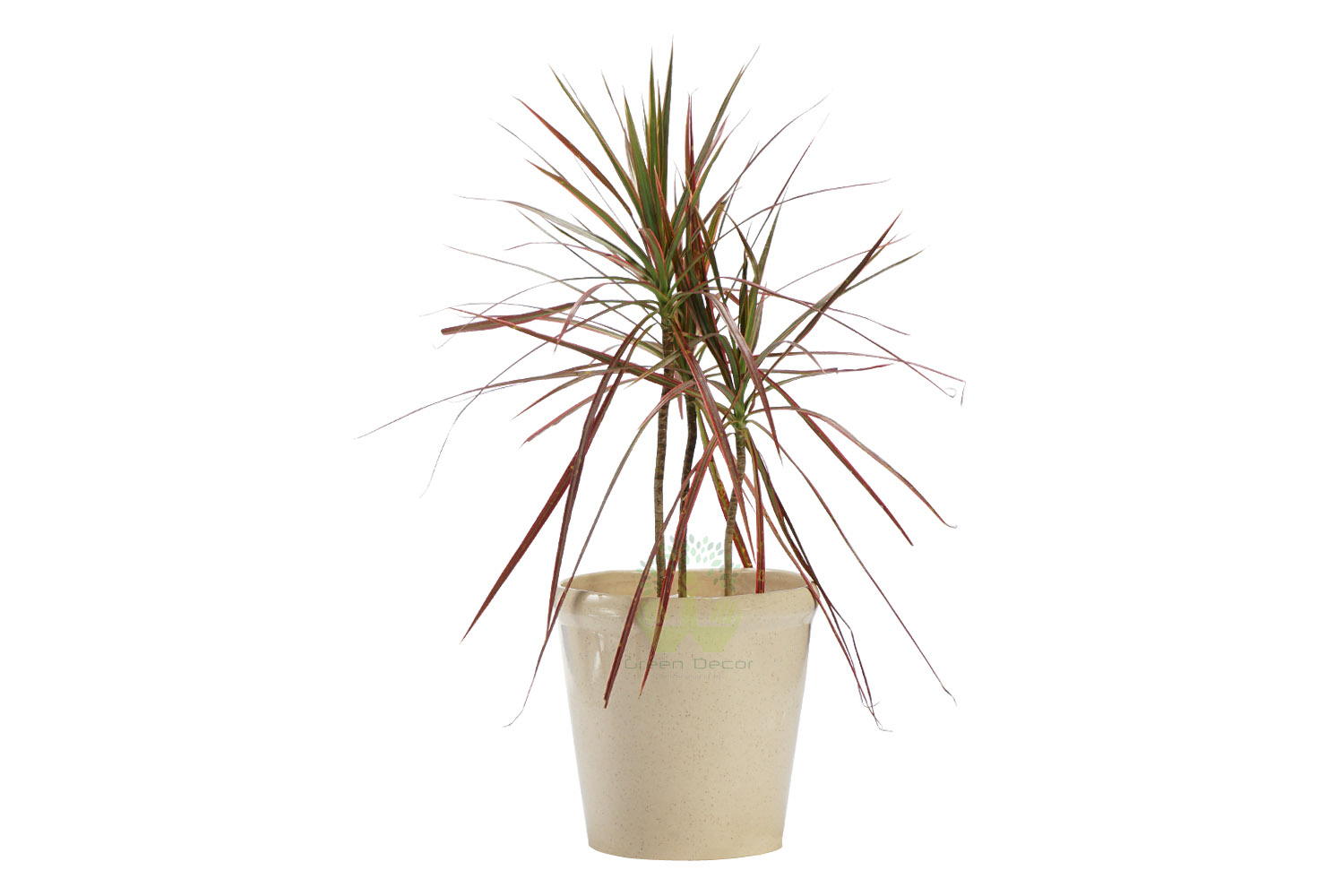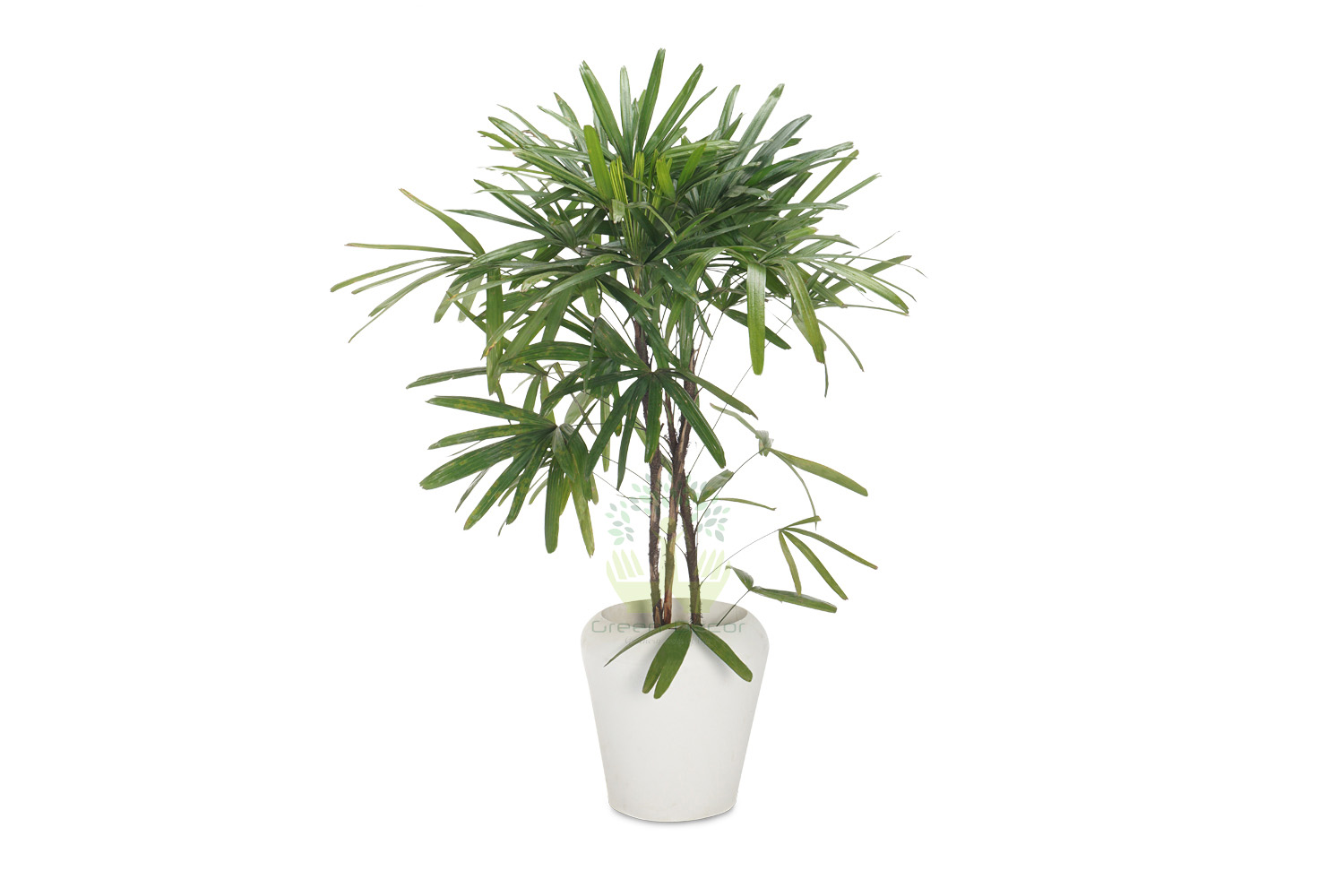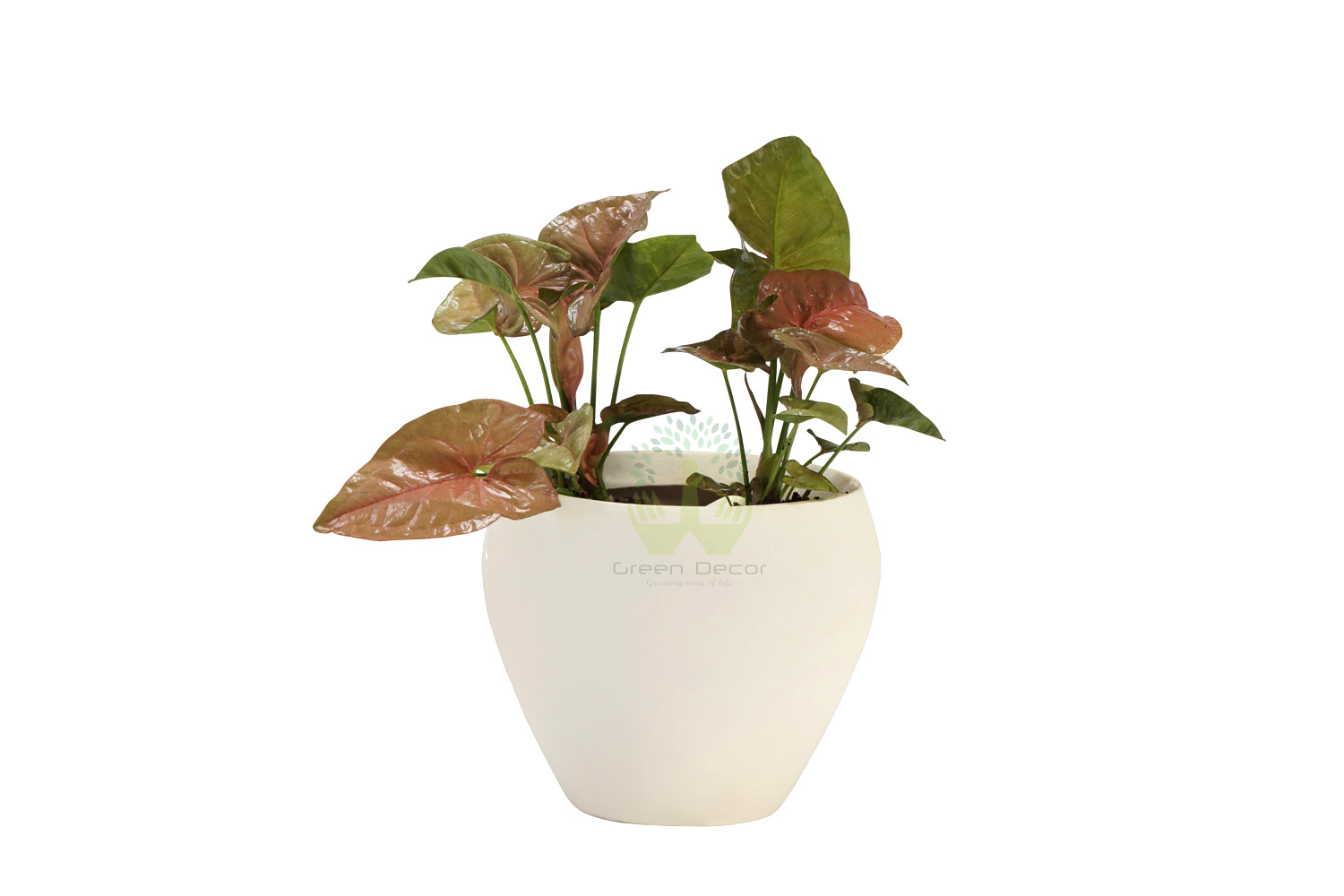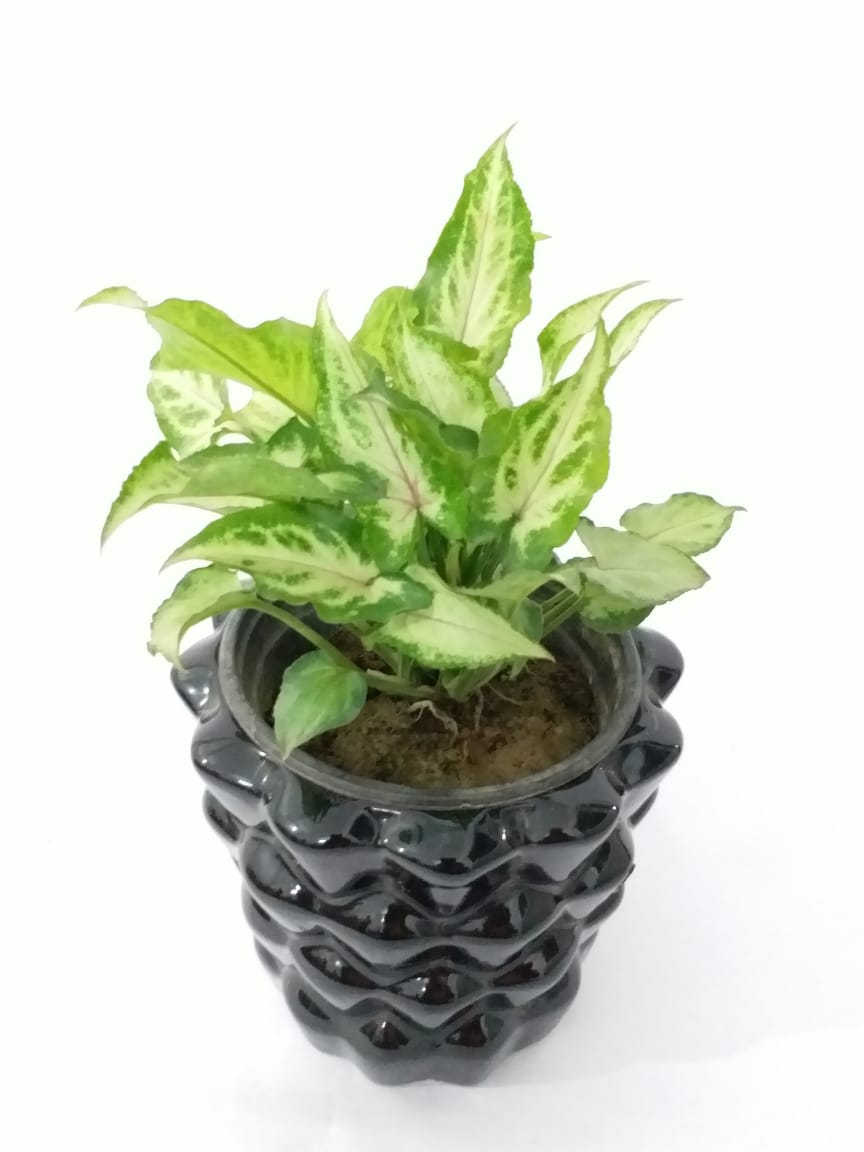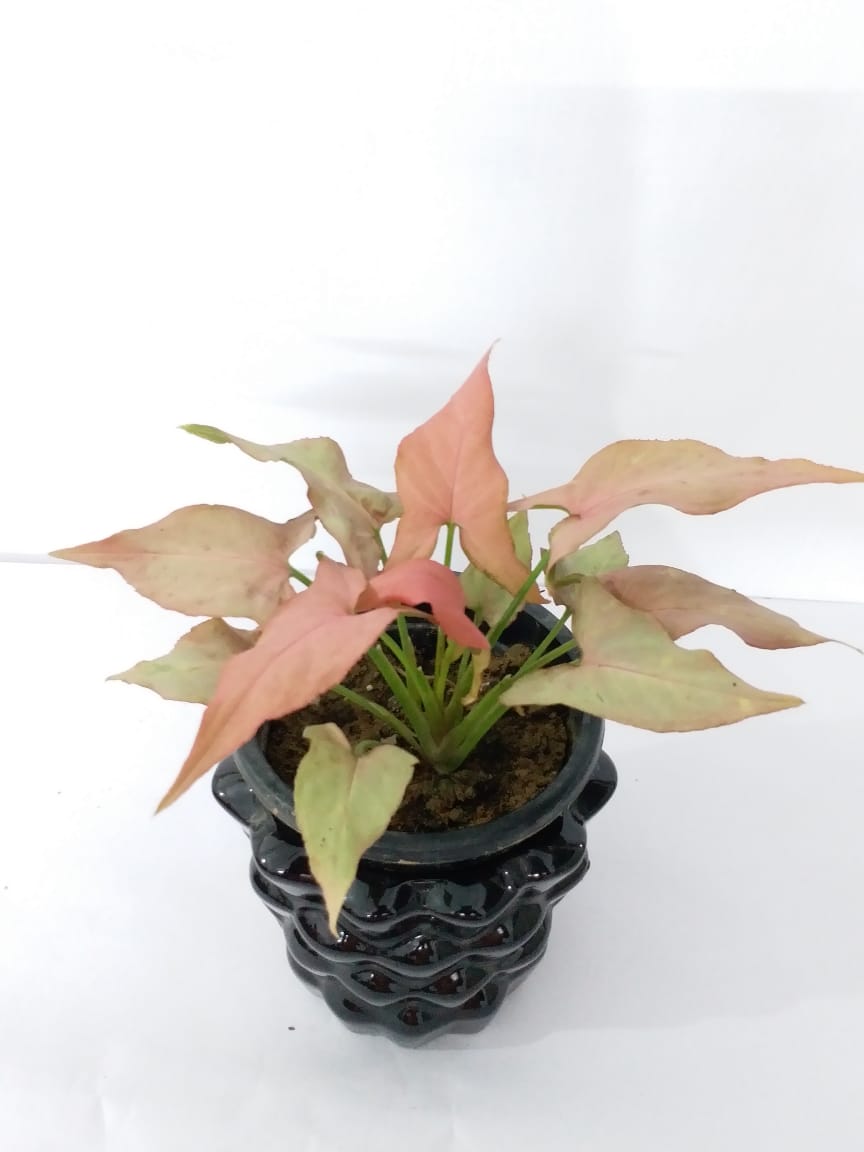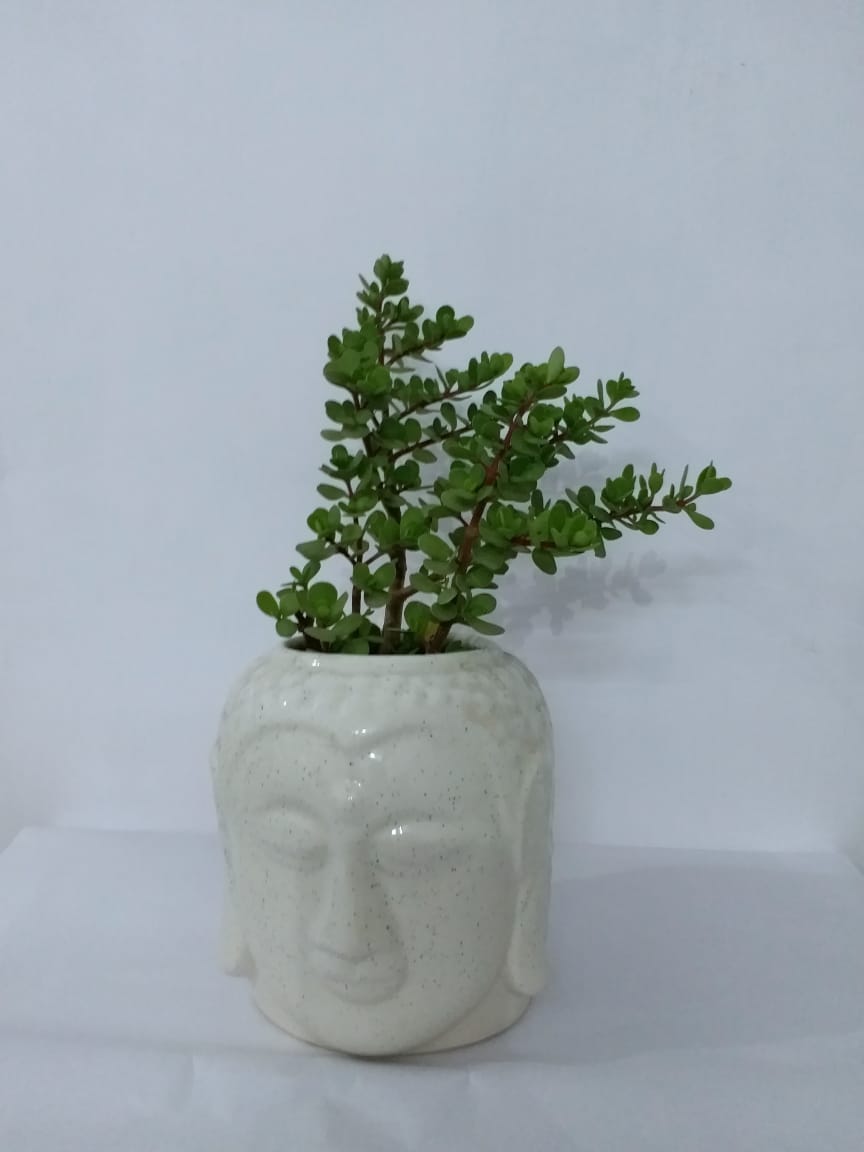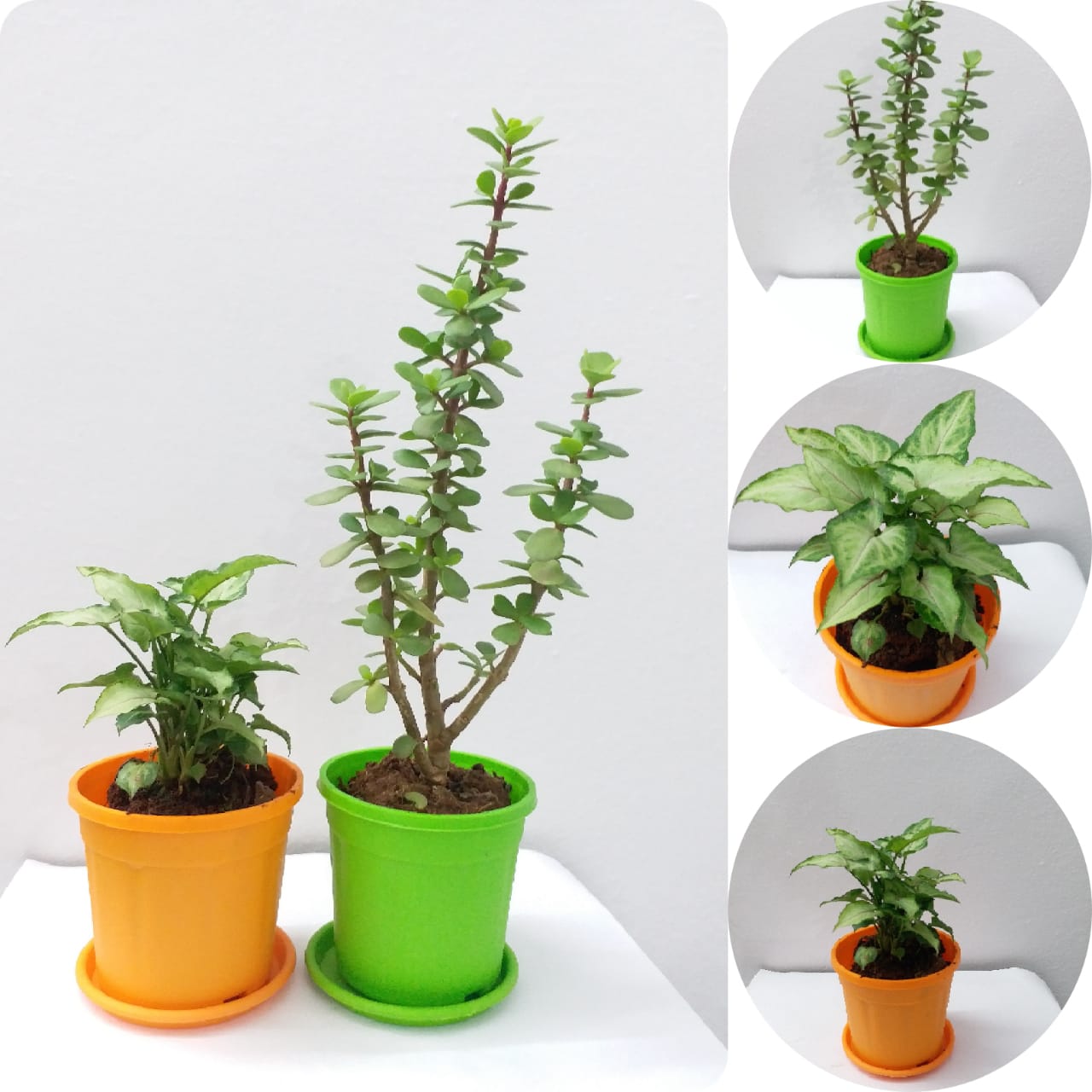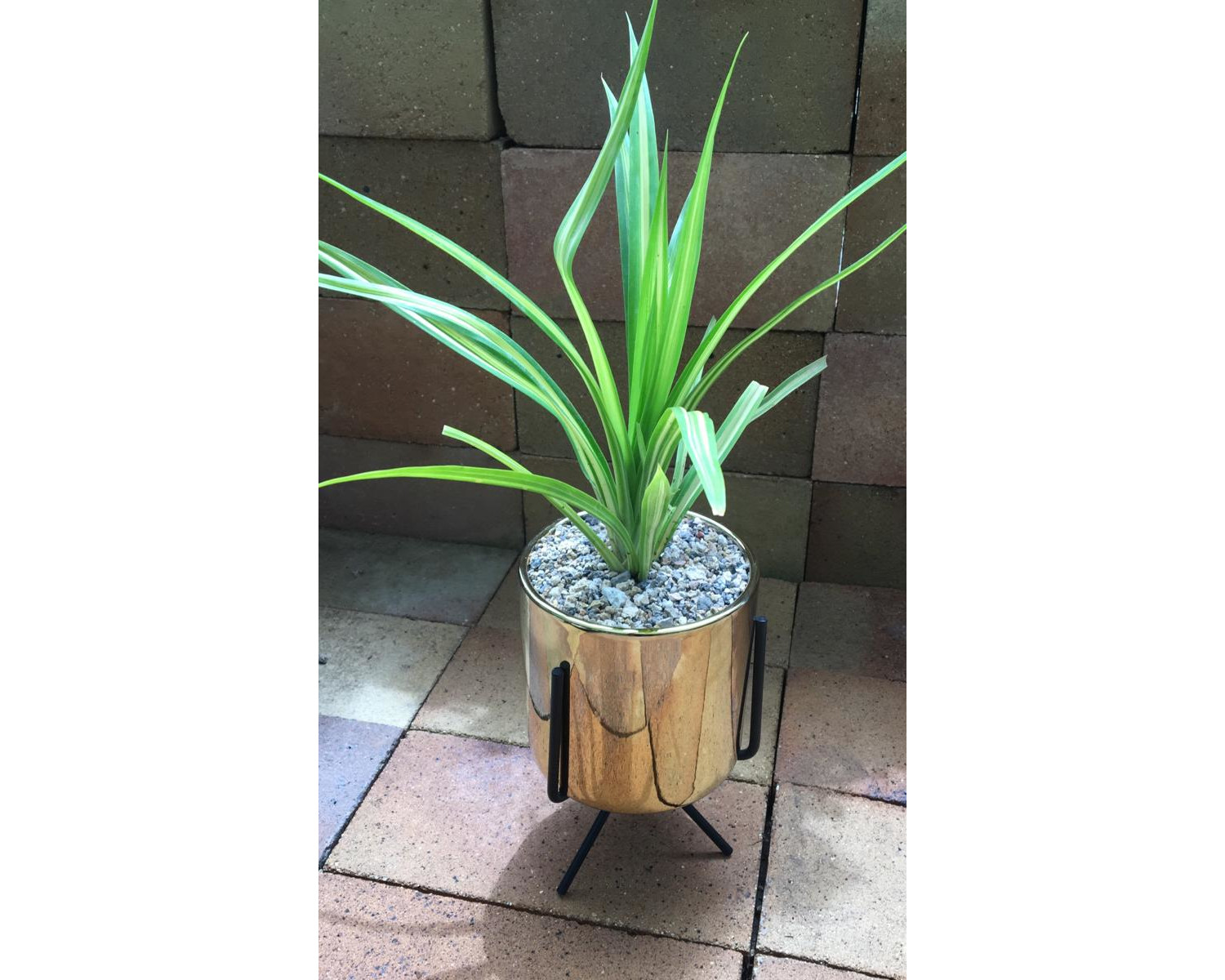Boston Fern
360
Maintenance Level
Low
Placements
Outdoor-Shades or Indoor
Toxic
NO
Fragrance
None
Seasons
Spring
Plant Height
6" to 48"
Water Frequency
Winter
Weekly
Summer
Twice Week
Fertilizer Frequency
Winter
3-4 Month
Summer
Every Month
- About Boston Fer..
- How To Grow Boston Fer..
- Benefits of Boston Fer..
- Maintenance Tips
- Shipping Info
They make good houseplants, but require bright, filtered light and humid air. Propagate from runners between late winter and early spring. Of the common cultivated ferns, the Boston fern is the most tolerant to drought.
Soil Need
Loamy soil, Clay sand mix,Potting Soil Mix,
Fertilizer (type)
All Purpose, Liquid fertilizer
Growth Pattern
Slow
Pruning
2-3 Month
Re-Potting
Every 3-4 Month
Process :
1. Prepare a potting soil with sand and compost.
2. Prefer pot with double the height of plants roots to protect from water collection at bottom of the pot.
3. Place your fern in a warm, humid area with indirect light for good growth.
4. Remove rotten or yellowing leaves.
5. Fertilize during warm weather with garden soil and use it more sparingly during winter when growth is almost stagnent.
1. Great Decorative Pieces.
2. Great Air Purifiers.
Do's
- Boston ferns need a cool place with high humidity and indirect light.
- Provide additional humidity for them, especially in the winter. Most homes are rather dry, even more when heaters are running. For extra humidity care for Boston fern, try setting your fern’s pot on a tray of pebbles filled with water. You can also try lightly misting your fern once or twice a week to help it get the humidity it needs.
Don'ts
- Avoid placement into low sunlight .
- Don't over water.
- Less fertilization during cold weather.
- Avoid direct sunlight exposure.
